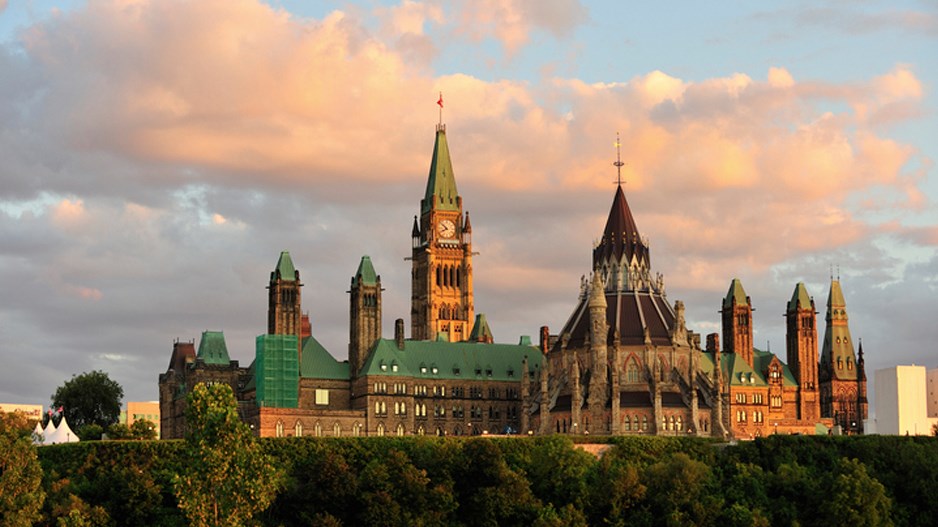Federal Conservative Party leader Pierre Poilievre was in this province last week as he continues to lay out his plans for taking the country in a different direction than the one steered by the ruling Liberals.
Housing was the big topic, as Poilievre again vowed to chase the “gatekeepers” out of power and threatened to withhold federal infrastructure funding (and other money) from big cities that don’t increase homebuilding by at least 15 per cent a year.
Issues such as housing, public safety, inflation and such are good ones for the Conservative leader to focus on since so many Canadians are concerned about them. In fact, an Angus Reid Institute survey of almost 5,000 Canadians released the day of his visit to B.C. showed that inflation is far and away the No. 1 issue of concern with voters.
There seems to be a lot of worry in this country right now, as the economy looks increasingly fragile and acts of random violence seem to be on the rise. Housing remains unaffordable for many, and the health-care system is showing more and more fault lines, right across the country.
So, a natural question is: given all this, why isn’t Poilievre and his party soaring in popularity at a time when so many things look to be in trouble, not the least of which is the ruling Liberals?
Some clues can be found in that Angus Reid poll.
While the poll showed the Conservatives have opened a six-point lead over the Liberals on a national basis, a closer look at the numbers shows the party has some serious work to do if it hopes to dislodge the Liberals from power come the next election.
For one thing, Justin Trudeau is still preferred as a leader over Poilievre by a significant margin in riding-rich Ontario (41 per cent to 34 per cent) and Quebec (36 per cent to 24 per cent) and by a smaller margin in B.C. (38 per cent to 33 per cent). Nationally, Trudeau has a slight edge of 37 per cent to 34 per cent.
This must be worrying for Poilievre, as most voters cast their votes based on a party leader’s performance and not because of who their local candidate might be.
Secondly, the Liberals have strong leads in areas where most of the country’s ridings are located: Greater Toronto, Metro Vancouver and Montreal.
If a party cannot win the bulk of the ridings in those three urban centers it has little, if any, chance of gaining power in Parliament
“CPC leader Pierre Poilievre lags in likeability, while his party lags in must-win areas,” Angus Reid noted in its poll analysis.
The Institute did uncover a finding, however, that should cheer the Conservatives and worry the Liberals.
This involved a question about “voter retention,” a way to measure how many people will stick to the party they voted for previously. The poll found just 73 per cent of people who voted Liberal in the 2021 election say they will do so again, compared to a finding of 87 per cent for the Conservatives.
The Institute calls this the “fatigue factor” and it may grow as a problem for the Liberals over time.
Still, for all the accumulating baggage filling up the Liberal table, if an election were held any time soon, that party would still likely hang on to power.
But, unless Trudeau pulls the plug early, the next election is still two years away. Plenty of time for Poilievre to improve his popularity in crucial regions.
Unless, of course, he finds that he can’t.
Keith Baldrey is chief political reporter for Global BC.





